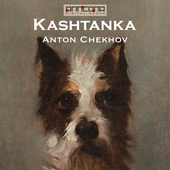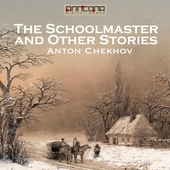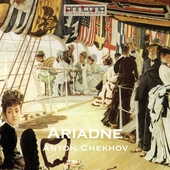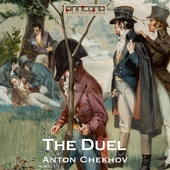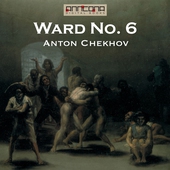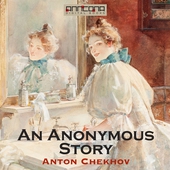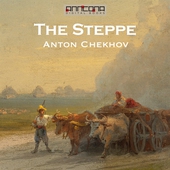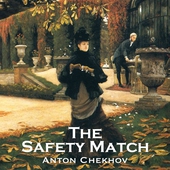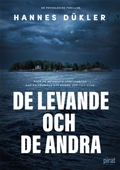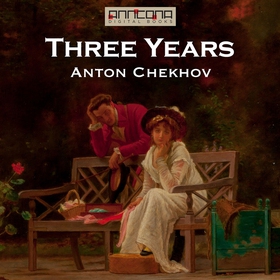
Lägg till önskelistan
Gratis smakprov
- Spara till biblioteket
- Lyssna på smakprov
Three Years ljudbok
Pris
65 kr
Three Years is a novella by Anton Chekhov and was first published in English in the collection The Darling and Other Stories from 1916.
Laptev, the rich but unattractive scion of a merchant, renounces his independent-minded, intelligent, devoted, but equally unattractive mistress Polina in order to marry the beautiful young gold-digger Yulia.
Their life together quickly deteriorates into a loveless agony, Laptev seeking some sort of meaning in his life while Yulia whiles away her youth with...
Ljudbok
65 kr
Pris
E-Bok
19 kr
Pris
Förlag
Anncona Media
Utgiven
10 December 2015
Längd
3:22
Genrer
Romaner, Skönlitteratur
Språk
English
Format
mp3
Kopieringsskydd
Vattenmärkt
ISBN
9789176056080
Three Years is a novella by Anton Chekhov and was first published in English in the collection The Darling and Other Stories from 1916.
Laptev, the rich but unattractive scion of a merchant, renounces his independent-minded, intelligent, devoted, but equally unattractive mistress Polina in order to marry the beautiful young gold-digger Yulia.
Their life together quickly deteriorates into a loveless agony, Laptev seeking some sort of meaning in his life while Yulia whiles away her youth with the sparkling young Moscow social scene.
The compelling question of the story is whether or not Laptev and Yulia can redeem something of lasting value from what seems to be a hopelessly empty relationship.
Here Chekhov again explores the subtle dilemmas of modern conventional marriage and its effects, both positive and negative, on the hapless humans caught up in it.
Anton Pavlovich Chekhov (1860-1904) was a Russian physician, dramatist and author who is considered to be among the greatest writers of short stories in history. His career as a dramatist produced four classics and his best short stories are held in high esteem by writers and critics.
Chekhov had at first written stories only for financial gain, but as his artistic ambition grew, he made formal innovations which have influenced the evolution of the modern short story. His originality consists in an early use of the stream-of-consciousness technique, later adopted by James Joyce and other modernists, combined with a disavowal of the moral finality of traditional story structure. He made no apologies for the difficulties this posed to readers, insisting that the role of an artist was to ask questions, not to answer them.

